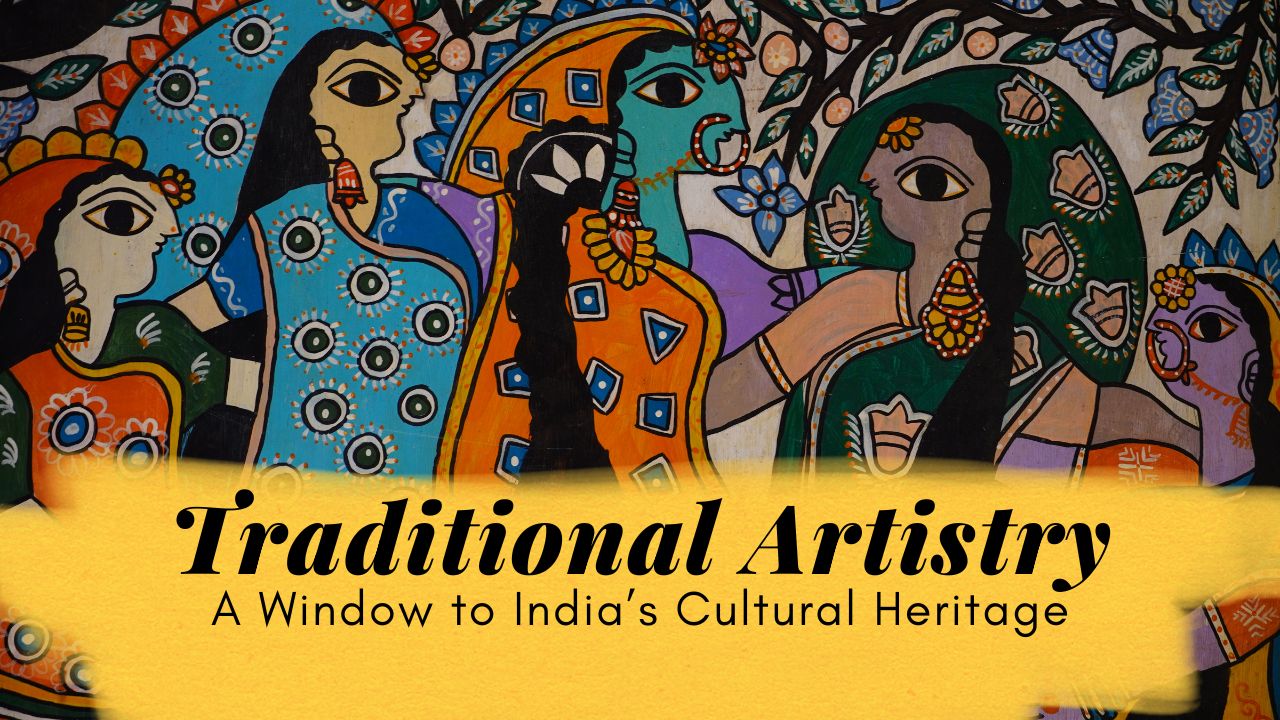India's traditional arts represent a rich tapestry of cultural expression, passed down through generations. From classical dance forms to folk art traditions, these artistic practices continue to thrive while adapting to contemporary contexts.
Classical Dance Forms
Major classical dance traditions:
- Bharatanatyam
- Kathak
- Kathakali
- Odissi
- Manipuri
"Traditional arts are not just performances; they are living embodiments of our cultural heritage, carrying forward centuries of wisdom and expression."
Folk Art Traditions
Diverse regional art forms:
- Madhubani painting
- Warli art
- Patachitra
- Kalamkari
- Phad painting
Classical Music
Rich musical heritage:
- Hindustani classical
- Carnatic music
- Folk music traditions
- Instrumental music
- Vocal traditions
Textile Arts
Traditional weaving and crafts:
- Handloom weaving
- Block printing
- Embroidery traditions
- Natural dyeing
- Regional textiles
Performing Arts
Theater and storytelling traditions:
- Yakshagana
- Kathakali theater
- Puppetry
- Folk theater
- Storytelling traditions
Contemporary Revival
Modern adaptations and preservation:
- Digital documentation
- Fusion performances
- Art education
- Cultural festivals
- Artist support programs
Cultural Significance
Role in society:
- Cultural identity
- Social cohesion
- Spiritual expression
- Community bonding
- Historical preservation
Challenges and Opportunities
Current landscape:
- Artisan livelihoods
- Market access
- Skill preservation
- Youth engagement
- Global recognition
Future Directions
Sustaining traditions:
- Digital platforms
- Educational programs
- Innovation in practice
- International collaboration
- Cultural tourism
Conclusion
India's traditional arts continue to be a vital part of the country's cultural landscape, offering a window into our rich heritage while adapting to modern times. Their preservation and promotion are essential for maintaining our cultural diversity and artistic legacy.
As we move forward, the challenge lies in balancing tradition with innovation, ensuring these art forms remain relevant and accessible while preserving their authentic essence for future generations.

